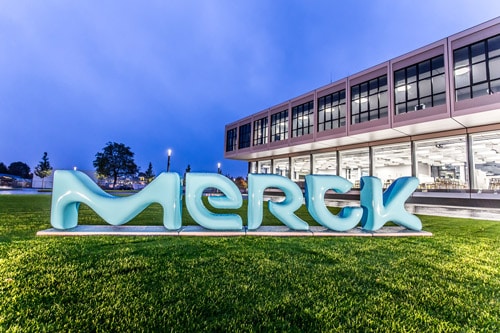
Merck KGaA and Pfizer’s immuno-oncology drug Bavencio has been approved by the FDA for bladder cancer, the second for the new drug in less than two months.
PD-L1 inhibitor Bavencio (avelumab) has been approved for second-line use in patients with locally advanced or metastatic urothelial carcinoma (UC) whose disease progressed during or following platinum-containing chemotherapy.
The green light comes just days after AstraZeneca bagged US approval for its PD-L1 inhibitor Imfinzi (durvalumab) for the same indication, and just a few weeks after Bavencio claimed its first approval as a treatment for the skin cancer Merkel cell carcinoma (MCC).
Bladder cancer is a much larger market than MCC, which affects only a few thousand people per year. In contrast UC is the ninth most common cancer worldwide with 430,000 new cases diagnosed in 2012, and it results in approximately 145,000 deaths globally each year. When the disease has metastasised, the five-year survival rate is just 5%.
Along with Imfinzi, Bavencio will compete in the mUC category with Roche’s PD-L1 inhibitor Tecentriq (atezolizumab) – which has also picked up a first-line approval for this form of bladder cancer – as well as Bristol-Myers Squibb’s PD-1 inhibitor Opdivo (nivolumab) which got an FDA approval for second-line mUC in February.
Also in the offing is Merck & Co’s PD-1 inhibitor Keytruda (pembrolizumab) which has been filed for approval in first-line platinum-ineligible mUC patients, as well as second-line after chemotherapy.
The new immuno-oncology drugs are starting to transform the treatment of bladder cancer, which prior to their approval had seen few treatment options emerge from pharma industry pipelines in the last 30 years.
Commenting on the new approval, Andrea Apolo, an oncologist at National Cancer Institute in the US, said: “Once UC progresses after treatment with chemotherapy, the five-year survival rate is alarmingly low.”
“Until recently, there had been limited innovation in UC, and this approval gives us another treatment to help battle this aggressive disease.”
Analysts have predicted avelumab sales of around $600m in 2020 – rising to $4bn-plus at peak – although the drug will have to battle with the rival checkpoint inhibitors for market share in some indications, including bladder cancer.




